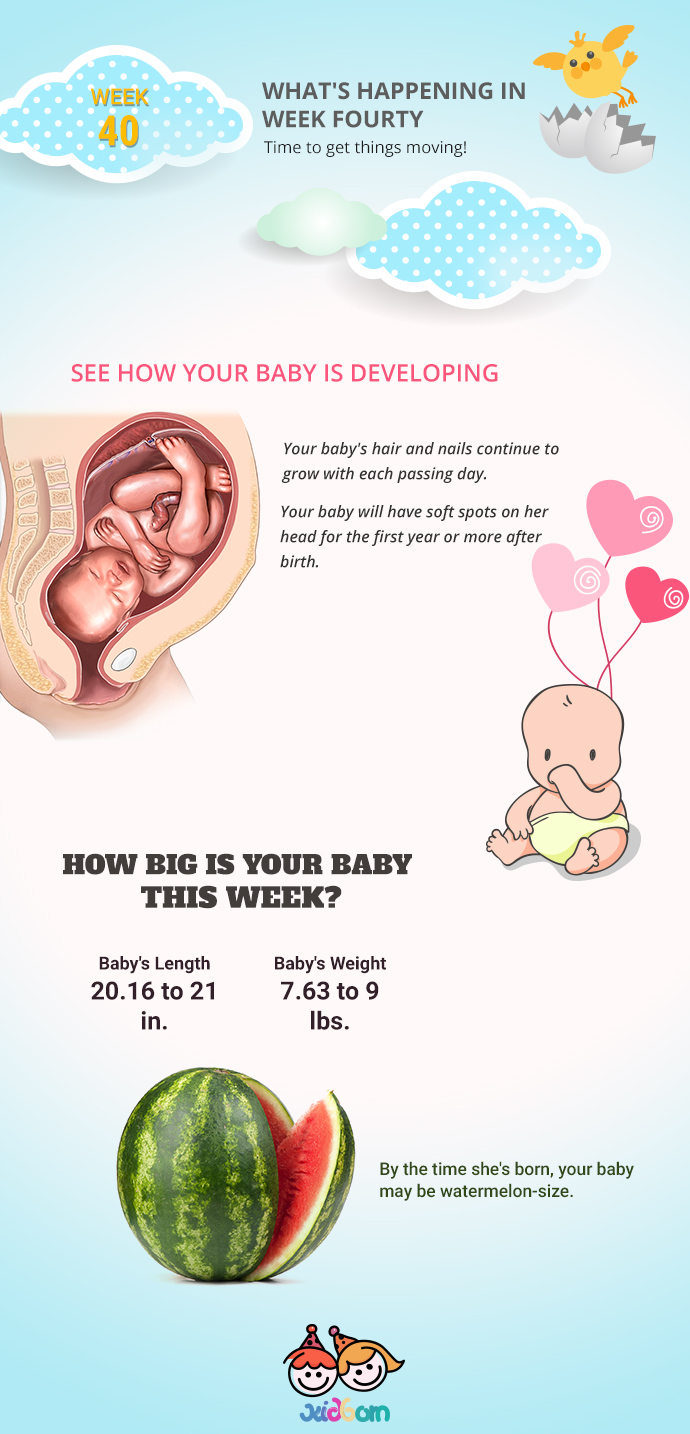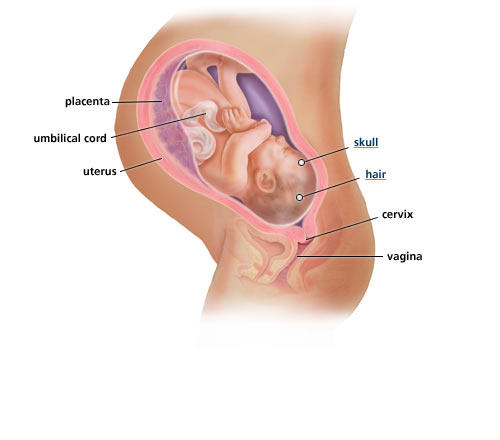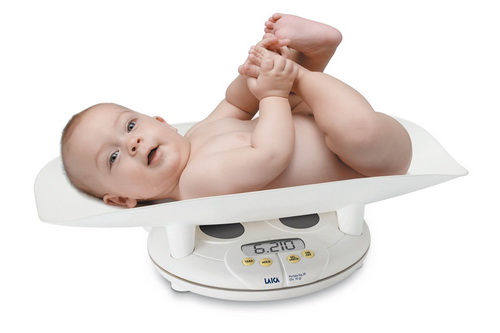
If this is your 40th week, then you are probably going to see your bundle of joy soon! So, what really is going to happen this week? Guess what? Your baby has also been waiting for this moment! At 40 weeks of pregnancy, your baby apparently will weigh around six to nine pounds, and they will now measure between 19 and 22 inches. The placenta will still be providing the antibodies that your baby needs so as to fight off the infections for the first six months of his/her life. However, if you plan on breastfeeding your baby, then your milk itself will give him more antibodies. This will boost the immune system of the baby (particularly colostrum, which is a thin, yellowish precursor to the breast milk which is loaded with antibodies and feeds your baby during the initial few days postpartum).

One of the obvious signs, when you are 40 weeks pregnant, are the contractions. These contractions can grow in intensity, however, if you have them on a daily basis, like every five minutes, then it’s time to call your doctor and go to the hospital. If you haven’t lost your mucus plug, then you may find it when you have reached 40 weeks of pregnancy. This will be a jelly-like plug that may be tinged with blood. The plug seals the cervix, and its appearance might mean that labour is approaching.


You cannot call yourself late until you reach 42 weeks. This is the time when you will be waiting to meet your little one, however, you can put a little patience and try to self-indulge a little. Treat yourself to a pedicure, watch a movie or perhaps even read a book. Once the baby is born, you’ll be on call 24*7, and it will take a while to get the ‘me-time’ back.

As and when the baby is born, you may find that her actual age is different from the age you assumed based on your last menstrual period or your time of conceiving. Right after birth, a paediatric nurse or perhaps your baby’s healthcare provider will assess her gestational age according to the physical features and neurological development.

It’s essential to understand the fact that a due date is just a guideline and that it is not a hard and fast rule. You don’t have to stress yourself out if your baby is not planning to make an appearance soon. Now is the time to enjoy with your better half and try to take rest as much as possible. A newborn’s weight can alter significantly. However, many babies range from 17 to nearly 22 inches long.

Your little one may now prefer a few more days or perhaps even weeks hanging out in the pleasant cosiness of your belly. In that case, your doctor will keep a close eye on his/her weight gain along with the tolerance to contractions. This is to make sure that all is well.
Your little one will now be curled up tightly inside your uterus, and he/she will not do not have the freedom to move much since there is less space available in the uterus now. If he/she is in a breech position (that is, feet or bottom down), your health care provider may think of turning him. If that doesn’t work, your provider may talk with you the likelihood of a caesarian delivery.

Your little one has apparently reached his ultimate birth weight and length. An average baby weighs approximately 7.5 pounds and will be 20.5 inches long (boys will be slightly bigger than girls). Fifteen percent of his/her body weight will be from fat, which will help him stay cosy in the outside world. His organs and body systems are all set for the life outside the womb. He/she has collected starch in his liver to be made into glucose after their birth, and he has more fluid on board as well.

If it doesn’t appear like labour, it will start when you’re pregnant at around 40 weeks. You can also start with some natural remedies such as having sex, raspberry leaf tea, or perhaps just walking a bit can all help.
Your healthcare provider may sweep your membranes to produce labour. Some healthcare providers will need to schedule an induction, while some others will need to wait till you’re more overdue before discussing induction. Ask your healthcare assistance what they advise for you and your baby.
When you push during your labour, your baby’s head will start to appear through the vaginal opening with every contraction. When your baby’s head continues visible and does not slip back in, then it is called as crowning.
As and when your baby’s head crowns and reaches the vaginal opening, you will feel a burning or sometimes a stinging sensation, often cited as the ring of fire. As and when you feel this, you need to stop pushing! If you proceed to push even after that and bear down, you double your risk of tearing or requiring an episiotomy.
The burning or stinging feeling lasts only for a short time and will be followed by a feeling of numbness. This is because your baby’s head is making your thin vaginal tissue to stretch and thus the nerves get blocked, ending in a natural anaesthetic.
It is the most powerful creation to have life growing inside of you.There is no bigger gift